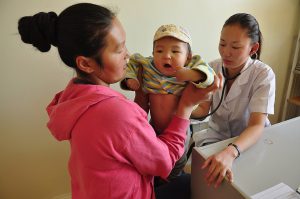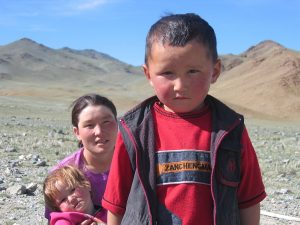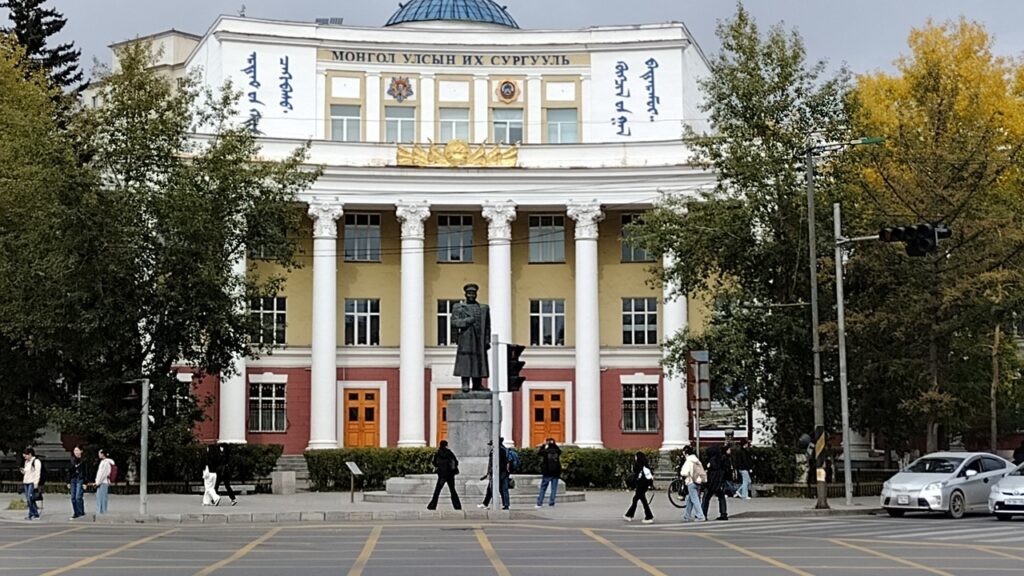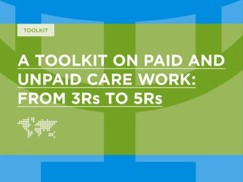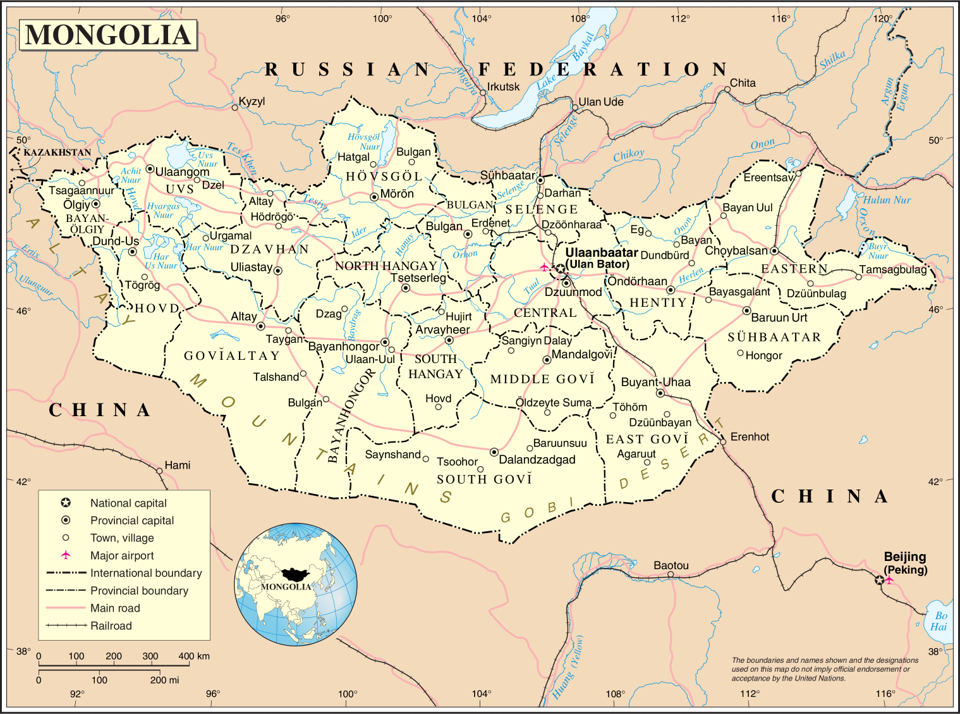Climate change related events such as drought, dust storms and heavy rainfall impact food security and the physical and cultural underpinnings of care.
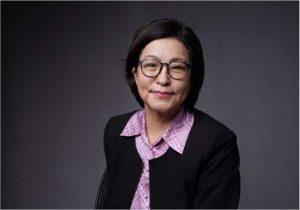
Otgontugs Banzragch
Researcher
The provision of care – especially for children and for the elderly – is a growing concern around the world. While the covid-19 pandemic has heightened this concern, climate change is now exacerbating it further in places where such events as drought, dust storms and heavy rainfall impact food security and the physical and cultural underpinnings of care. Mongolia is one such place. This project seeks to understand the ways that care need affects the most disadvantaged groups in Mongolia in the context of the pandemic and increasing climate change, and integrate this information into a gender-transformative macroeconomic model. The gender-transformative economic model will support the development of effective inclusive recovery and sustainability strategies and equitable development by clarifying the macroeconomic costs and benefits of such policies and by showing possibly unintended impact of macroeconomic policies on care outcomes.

Ito Peng
Director
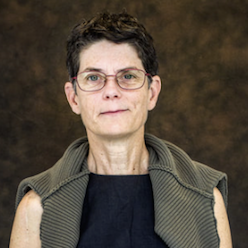
Mieke Meurs
Researcher
Explore
